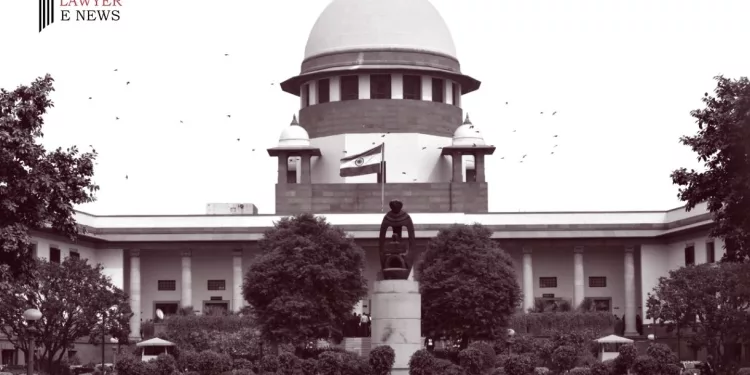Dying Declaration Alone Can Uphold Conviction If Found Credible and Consistent: Supreme Court

The Supreme Court of India upheld the conviction of Rajendra Kolhe under Section 302 IPC, affirming that a credible and consistent dying declaration can form the sole basis for conviction. The Court reiterated that minor inconsistencies in witness testimonies do not undermine the core evidence provided by a dying declaration.
Facts and Issues:
Rajendra Kolhe was convicted for the murder of his wife, Rekha, who sustained fatal burn injuries. The prosecution’s case relied heavily on Rekha’s dying declarations (Ex. 59) and witness testimonies. While the trial court convicted Kolhe and acquitted other accused family members, the High Court upheld this conviction. Kolhe challenged the conviction, citing inconsistencies in testimonies and questioning the validity of the second dying declaration (Ex. 65).
Court’s Assessment:
Credibility of Dying Declaration (Ex. 59):
The Supreme Court found the dying declaration (Ex. 59) credible, voluntary, and consistent with medical evidence.
“The dying declaration recorded shortly after the incident was deemed reliable. The presence and endorsement of medical officers ensured its credibility.”
Inconsistencies in Witness Testimonies:
The Court acknowledged minor inconsistencies in witness testimonies but deemed them non-material. “Such inconsistencies are natural and do not affect the sub-stratum of the core evidence.”
Legal Principles on Dying Declarations: The Court reaffirmed principles from Khushal Rao v. State of Bombay, emphasizing that a reliable and voluntary dying declaration can be the sole basis for conviction.
“Dying declarations hold significant weight as they are made in extremis and generally free from motives to fabricate.”
Assessment of Multiple Dying Declarations: The Court emphasized the importance of independently assessing multiple dying declarations for consistency and reliability.
“It is the reliability of the dying declaration that matters, not the plurality. Each declaration must be evaluated on its own merit.”
Decision: The Supreme Court dismissed the appeal, affirming the conviction based on the overwhelming evidence against the appellant. Rajendra Kolhe is directed to surrender within two weeks to serve his sentence.
Date of Decision: 15th May 2024
Rajendra vs. State of Maharashtra






